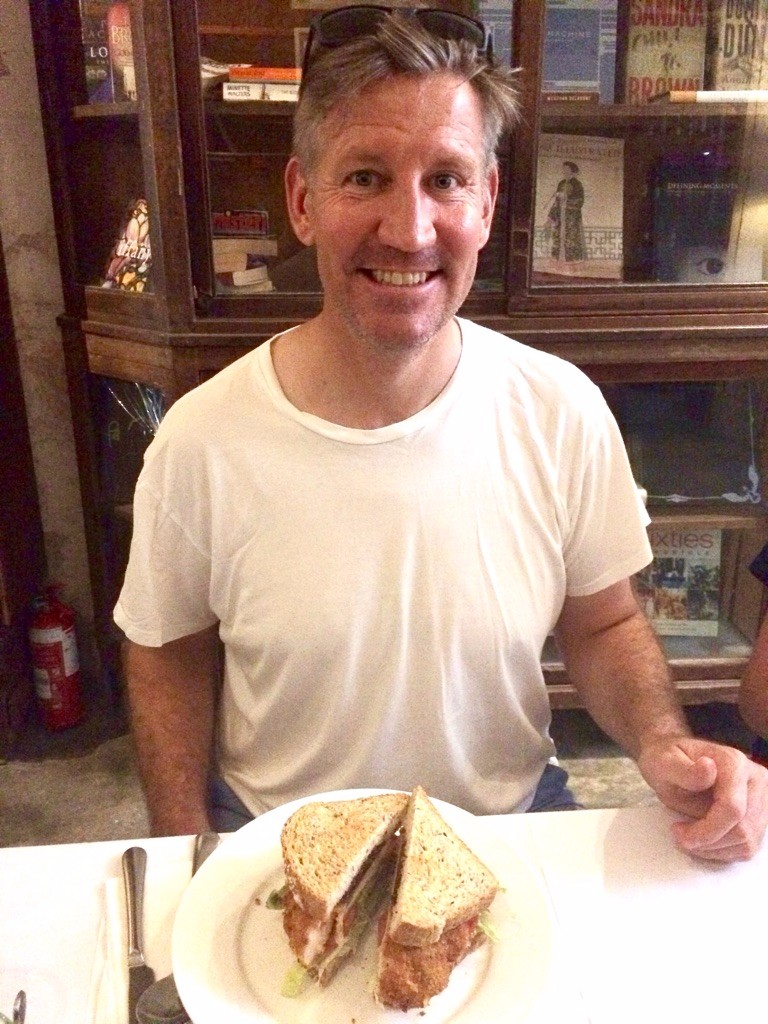Swapping sides
By Dave Shearer
I worked with ACIAR for 10 years, doing some really interesting stuff in the early days of the agribusiness program and in the corporate turmoil as the aid budget ebbed and flowed in various policy spaces. In my early days, Minister Downer’s foreign policy and aid integration set the scene that was very focused on economic development. This was excellent timing to align with ACIAR’s commitment to the agribusiness program. We then moved through the Comprehensive Aid Policy Framework (CAPF) and at the end of my time with ACIAR we came out the other end with Foreign Minister Bishop’s focus on “diplomacy for peace, economic diplomacy for prosperity”, again aligning nicely to ACIAR’s positioning as an partnership innovator to underpin growth through private sector engagement and smallholder integration.
I will always remember one of my first lessons at ACIAR, when a colleague said to me, “Dave, don’t underestimate the difficulties in getting the money out the door.” I thought that this surely could not be the case, but what I came to realise was that it is very difficult to develop high quality partnerships that deliver effective research for development outcomes in line with Government policy, but our role was to ensure quality delivery for the Australian Government, and that requirement was delivered through partnerships.
I am now sitting on the other side of the table, working with WorldFish in a role that sees me contributing to WorldFish’s international partnerships, program delivery and resource mobilisation (bringing the funding in). The role often has me reflecting on my early days at ACIAR (not only as I am spending over half my time on planes and in airports, just like early days with ACIAR). Effective delivery is done through effective partnerships, with the legacy of capacity development for key partners. There are such strong reasons why partnerships in the fisheries and aquaculture sector can play an important role in the development agenda – the significant middle class growth in Asia, and dietary changes leading to a massive increase in the consumption of fish means the market is driving huge opportunities for smallholder producers that delivers livelihood benefits as they engage in profitable markets. I also think there is a realisation that we have addressed the food security issues of availability (there is enough produced) and access (market mechanisms are moving to effectively distribute the resources), but what we still need to focus on is the third piece of the food security puzzle, utilisation, which is where fish and fish consumption can have such a huge impact. So, there is a huge potential for effective partnerships to deliver benefit.

I understand the economic theory of a “funding market” to create competition through supply and demand to lead to the best utilisation of resources (in this case research partnerships for innovation to deliver development outcomes). I also think we need to consider the most effective partnerships that enable the long term commitment that is needed to have the most sustainable development outcomes, so the funds are spent “doing well by doing good” with the most effective partners to deliver the best results possible. As I sit on the other side of the table, I think that it needs to be less about competition to create outcomes, but about long term partnerships that share a common vision about the mechanism to deliver livelihood benefits.
As careers develop you might find yourself at a different seat at the table, but remember the challenges and opportunities in your previous roles and look towards building innovative partnerships, some which may have not been considered previously, that contribute to your vision of your research in development careers.


